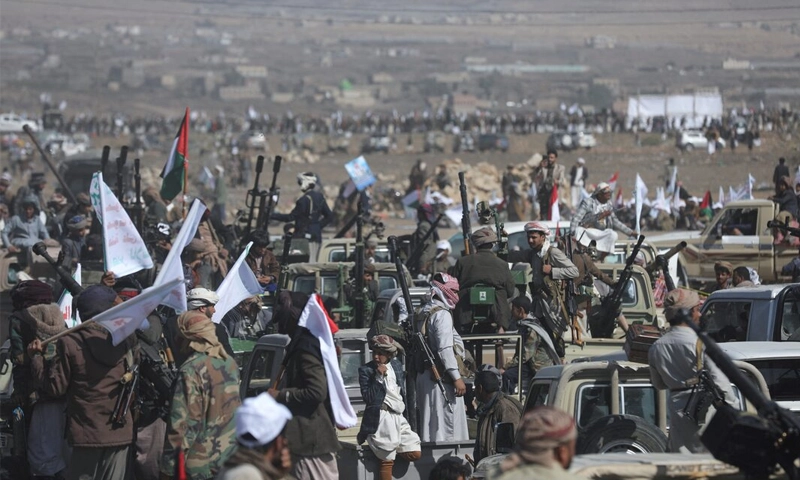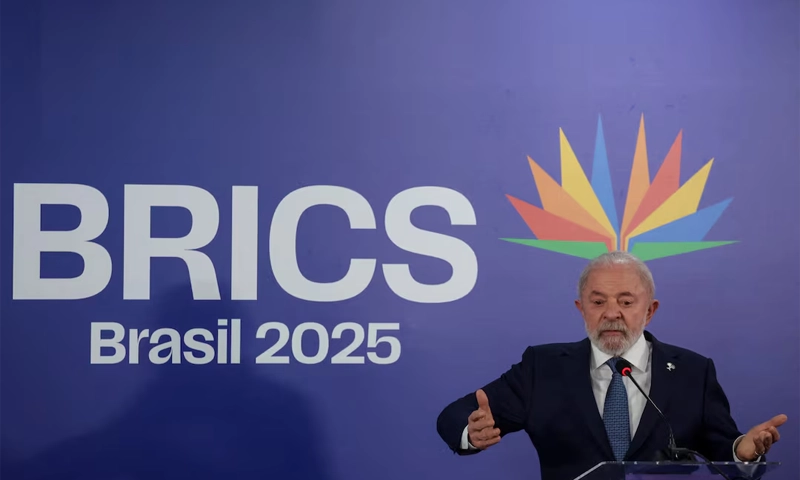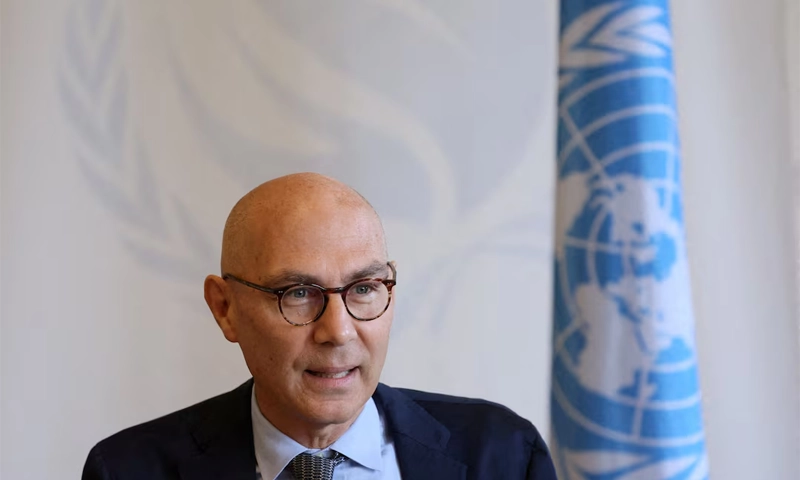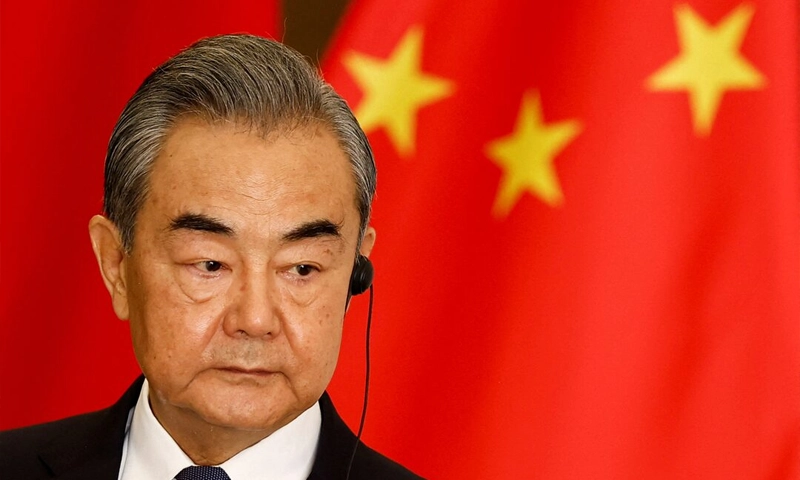
A weakened Iran and Hezbollah gives Lebanon an opening to chart path away from the region’s conflicts − will it be enough?
-

- Web Desk
- Today
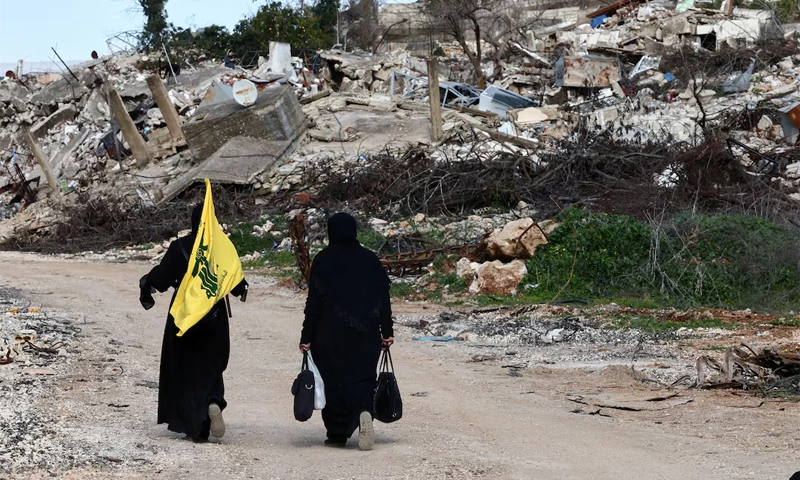
(THE CONVERSATION): After a 12-day war launched by Israel and joined briefly by the United States, Iran has emerged weakened and vulnerable. And that has massive implications for another country in the region: Lebanon.
Hezbollah, Tehran’s main ally in Lebanon, had already lost a lot of its fighters, arsenal and popular support during its own war with Israel in October 2024.
Now, Iran’s government has little capacity to continue to finance, support and direct Hezbollah in Lebanon like it has done in the past. Compounding this shift away from Hezbollah’s influence, the US recently laid down terms for a deal that would see the withdrawal of Israeli troops from southern Lebanon in return for the total disarmament of the paramilitary group – a proposal seemingly backed by the Lebanese government.
Read more: Deadly temperatures blasted western Europe in record hot June
As an expert on Lebanese history and culture, I believe that these changing regional dynamics give the Lebanese state an opening to chart a more neutral orientation and extricate itself from neighbouring conflicts that have long exacerbated the divided and fragile country’s chronic problems.
The shaping of modern Lebanon
Ideologically, developments in Iran played a major role in shaping the circumstances in which Hezbollah, the Shiite Islamist political party and paramilitary group, was born.
The Iranian Revolution of 1978-79 toppled the widely reviled and corrupt Western-backed monarchy of Shah Mohammad Reza and led to the establishment of an Islamic republic. That revolution resonated among the young Shiite population in Lebanon, where a politically sectarian system that was intended to reflect a balanced representation of Muslims and Christians in the country had led to de facto discrimination against under-represented groups.
Since Lebanon’s independence from France in 1943, most of the power has been concentrated in the hands of the Maronite Christians and Sunnis, leaving Shiite regions in south Lebanon and the Bekaa Valley lacking in development projects, social services and infrastructure.
At the same time, Lebanon for decades had been irreparably changed by the politics of its powerful neighbour in Israel.
In the course of founding its state in 1948, Israel forcibly removed over 750,000 Palestinians from their homeland – what Palestinians refer to as the Nakba, or “catastophe.” Many fled to Lebanon, largely in the country’s impoverished south and Bekaa Valley, which became a center of Palestinian resistance to Israel.
In 1978, Israel invaded Lebanon to push Palestinian fighters away from its northern borders and put an end to rockets launched from south Lebanon. This fighting included the massacre of many civilians and the displacement of many Lebanese and Palestinians farther north.
In 1982, Israel invaded Lebanon again with the stated purpose of eliminating the Palestinian Liberation Organisation that had moved its headquarters to the country’s south. An estimated 17,000 to 19,000 Lebanese and Palestinian civilians and armed personnel were killed during the conflict and the accompanying siege of Beirut.
It was in this cauldron of regional and domestic sectarianism and state abandonment that Hezbollah formed as a paramilitary group in 1985, buoyed by Shiite mobilisation following the Iranian revolution and Israel’s invasion and occupation.
Hezbollah’s domestic spoiler status
Over time and with the continuous support of Iran, Hezbollah become an important player in the Middle East, intervening in the Syrian civil war to support the Assad regime and supporting the Kata’ib Hezbollah, a dominant Iraqi pro-Iranian militia.
In 2016, Secretary General of Hezbollah Hassan Nasrallah officially recognised Iran’s role in funding their activities.
With Tehran’s support, Hezbollah was effectively able to operate as a state within a state while using its political clout to veto the vast majority of Lebanese parliamentary decisions it opposed. Amid that backdrop, Lebanon endured three long presidential vacuums: from November 2007 to May 2008; from May 2014 to October 2016; and finally from October 2022 to January 2024.
Lebanon also witnessed a series of political assassinations from 2005 to 2021 that targeted politicians, academics, journalists and other figures who criticised Hezbollah.
How the equation has changed
It would be an understatement, then, to say that Hezbollah’s and Iran’s weakened positions as a result of their respective conflicts with Israel since late 2023 create major political ramifications for Lebanon.
The most recent vacuum at the presidential level ended amid Hezbollah’s military losses against Israel, with Lebanon electing the former army commander Joseph Aoun as president.
Meanwhile, despite the threat of violence, the Lebanese opposition to Hezbollah, which consists of members of parliament and public figures, has increased its criticism of Hezbollah, openly denouncing its leadership and calling for Lebanon’s political neutrality.
These dissenting voices emerged cautiously during the Syrian civil war in 2011 and have grown after the Oct. 7 Hamas attacks and the subsequent war on Gaza.
During the latest Israel-Iran war, the Lebanese opposition felt emboldened to reiterate its call for neutrality. Enabled by the US’s growing tutelage over Lebanon, some opposition figures have even called to normalize relations with Israel.
These efforts to keep Lebanon out of the circle of violence are not negligible. In the past, they would have been attacked by Hezbollah and its supporters for what they would have considered high treason. Today, they represent new movement for how leaders are conceiving of politics domestically and diplomacy across the region.
The critical regional context going forward
As the political system cautiously changes, Hezbollah is facing unprecedented financial challenges and is unable to meet its fighters’ needs, including the promise to rebuild their destroyed homes. And with its own serious internal challenges, Iran now has much less ability to meaningfully support Hezbollah from abroad.
But none of that means that Hezbollah is defeated as a political and military force, particularly as ongoing skirmishes with Israel give the group an external pretext.
The Hezbollah-Israel war ended with a ceasefire brokered by the United States and France on Nov. 27, 2024. However, Israel has been attacking south Lebanon on an almost daily basis, including three incidents over the course of 10 days from late June to early July that have left several people dead and more than a dozen wounded.
Amid these violations, Hezbollah continues to refuse to disarm and still casts itself as the only defender of Lebanon’s territorial integrity, again undermining the power of the Lebanese army and state.
Lebanon’s other neighbour, Syria, will also be critical. The fall of the Assad regime in December 2024 diminished Hezbollah’s powers in the region and land access to Iraq and Iran. And the new Syrian leadership is not interested in supporting the Iranian Shiite ideology in the region but rather in empowering the Sunni community, one that was oppressed under the Assad dictatorship.
While it’s too early to say, border tensions might translate into sectarian violence in Lebanon or even potential land loss. Yet the new Syrian government also has a different approach toward its Neighbors than its predecessor. After decades of hostility, Syria seems to be opting for diplomacy with Israel rather than war. It is unclear what these negotiations will entail and how they will impact Lebanon and Hezbollah. However, there are real concerns about new borders in the region.
The US as ever will play a major role in next steps in Lebanon and the region. The US has been pressing Lebanon to disarm Hezbollah, and the US Ambassador to Turkey and special envoy for Syria Thomas Barrack said he was “unbelievably satisfied” by Lebanon’s response thus far. But so far, there has been no fundamental shift on that front.
Meanwhile, despite the calls for neutrality and the US pressure on Lebanon, it is hard to envision a new and neutral Lebanon without some serious changes in the region. Any future course for Lebanon will still first require progress toward peace in Gaza and ensuring Iran commits not to use Hezbollah as a proxy in the future.


